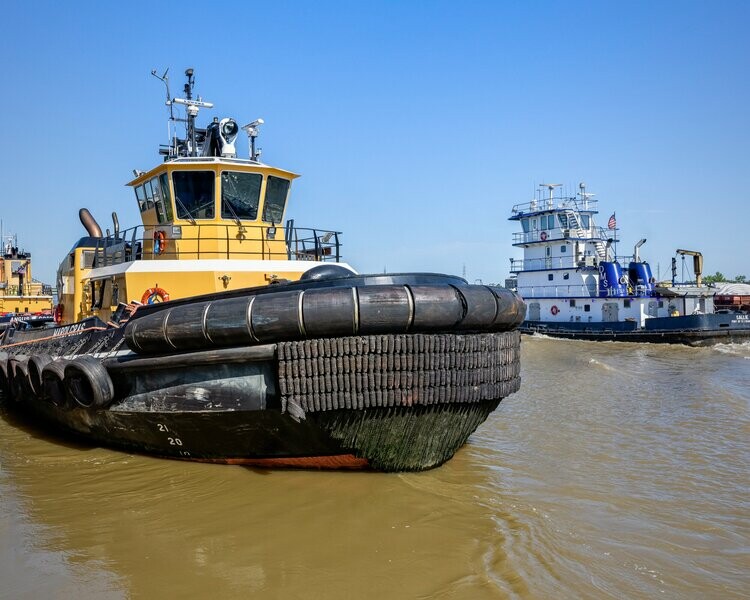A new project on the lower Mississippi River is bringing together crowd-source information from Mississippi River vessels with a host of other data to form the U.S.’s first “SmartPort.”
Through their partnership, The Water Institute of the Gulf worked closely with the Port of New Orleans, IBM, and Crescent Towing in developing tools that successfully harvested and validated depth data to inform port dredging operations.
That has since been leveraged into a $3 million project announced in June to expand on this pilot to create The Lower Mississippi River SmartPort and Resilience Center (SmartPort).
Shifting water levels, sedimentation build-up, and reduced visibility are challenges for ports around the world. SmartPort offers real-time data that can be shared with port administrators, shippers, tenants, cargo and ground transportation providers. It’s been compared to the Waze motorist app, giving information that boosts efficiency by giving users access to critical operational factors including tracking currents, river congestion, visibility and weather conditions. It’s advanced cutting-edge technology that doesn’t exist elsewhere, officials said.
SmartPort will use a tool to forecast shoaling at port facilities along the Mississippi River that incorporates near real-time information gathered from participating vessels in the area. This Real-Time Shoaling Forecast Tool will be coupled with a suite of weather, river, and road traffic analytics to improve efficiency and help the region’s ports become more resilient in the face of future natural disasters and economic shocks.
Along with these advanced analytics, customized Resilience Dashboards will be created and maintained for the Ports of Lake Providence, Madison, Vidalia, Baton Rouge, South Louisiana, New Orleans, St. Bernard, and Plaquemines. This dynamic tool will assist in tracking progress and adaptively managing port resilience. Along with the digital platform, the $3 million investment will culminate with the SmartPort facility housed on The Water Campus in Baton Rouge. The facility will serve as a specialized emergency operation center for ports when needed and a place for the exchange of information during non-emergency times.




